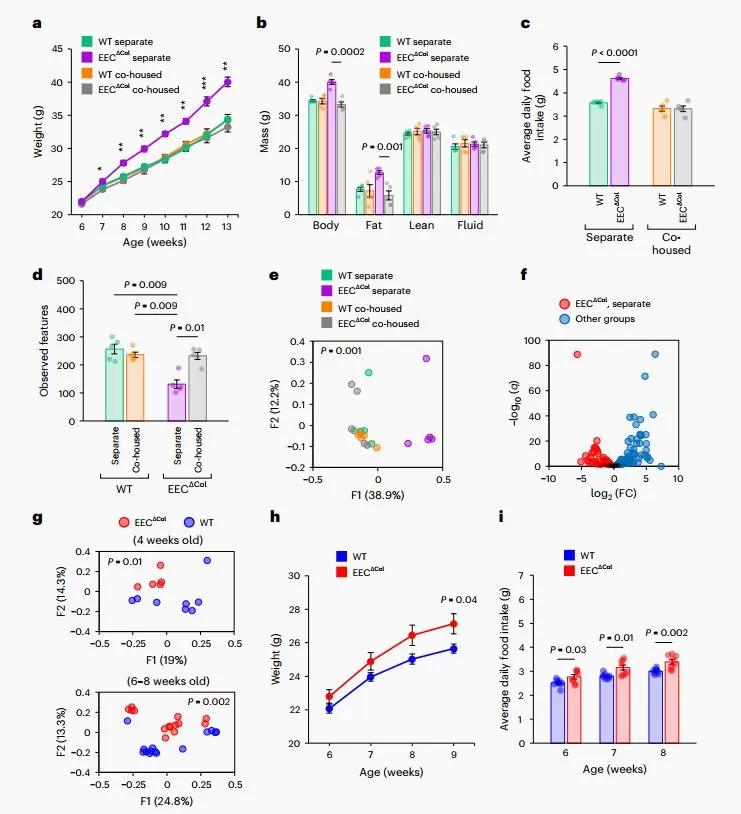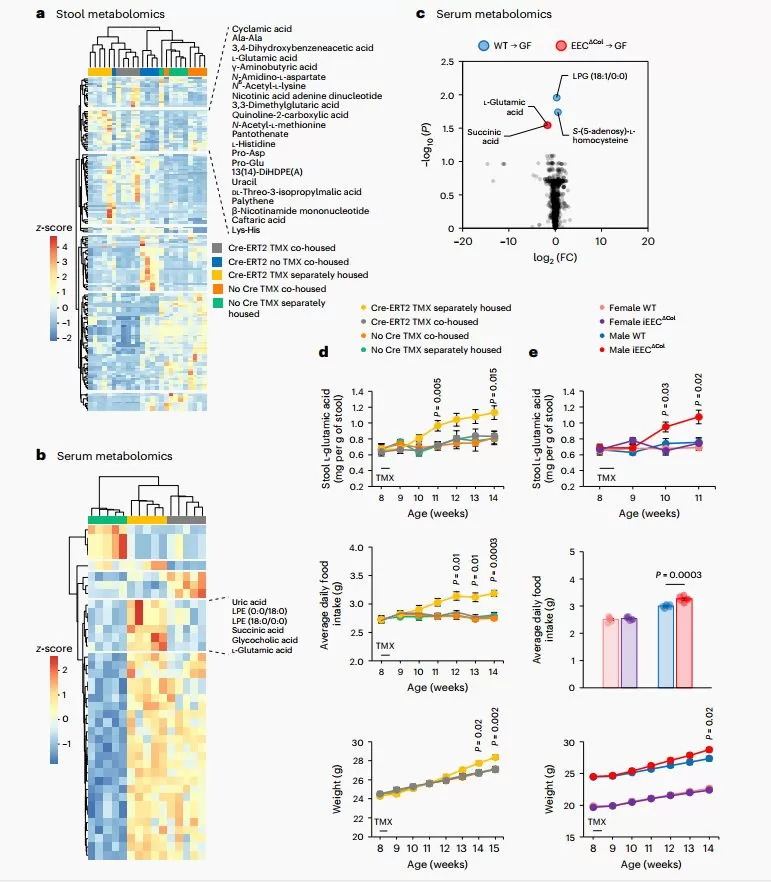Decoding Obesity: The Role of Gut Microbiota through 16S Sequencing and Metabolomics
Obesity: The Growing Epidemic and Rising Threat
Obesity is a chronic, complex metabolic disease characterized by an excessive accumulation of body fat that poses significant health risks. It is typically diagnosed using the Body Mass Index (BMI), with a BMI of 30 or higher being classified as obese. This condition has become a major public health concern globally, with prevalence rates rising dramatically over the past few decades. In many countries, obesity rates have reached epidemic proportions, affecting individuals of all ages, socioeconomic statuses, and backgrounds. Additionally, obesity significantly increases the risk of developing type 2 diabetes, cardiovascular diseases such as hypertension and coronary artery disease, certain types of cancer, and musculoskeletal disorders like osteoarthritis. It is also associated with non-alcoholic fatty liver disease, sleep apnea, and reproductive issues. The impact of obesity extends beyond physical health, contributing to psychological problems such as depression, anxiety, and low self-esteem due to societal stigma and reduced quality of life. While the complexity of the biologic processes that control body weight cannot be overstated and include a variety of intricate neurohormonal mechanisms. Treating obesity presents challenges.
Gut Microbiota: The Crucial Role in Health and Disease
The gut microbiota refers to the vast and complex community of microorganisms residing in the human gastrointestinal tract. This diverse ecosystem includes bacteria, viruses, fungi, and archaea, with bacteria being the most studied. The human gut is home to trillions of these microorganisms, and their collective genome, known as the microbiome, contains a hundred times more genes than the human genome. The gut microbiota plays a crucial role in various aspects of human health, including digestion, immune function, and even behavior. One of the primary functions of the gut microbiota is to aid in the digestion of food. Many dietary components, such as complex carbohydrates, cannot be digested by human enzymes alone. Gut bacteria break down these substances through fermentation, producing short-chain fatty acids (SCFAs) like acetate, propionate, and butyrate, which serve as energy sources for the host and help maintain the health of the colon. Additionally, the gut microbiota synthesizes essential vitamins, such as vitamin K and certain B vitamins, and facilitates the absorption of minerals. Disruptions to the gut microbiota, known as dysbiosis, have been linked to a range of health issues, including allergies, asthma, inflammatory bowel disease (IBD), and even metabolic conditions like obesity and type 2 diabetes.
Unlocking the Link: How Gut Microbiota Influences Obesity
In recent years, research has increasingly focused on the role of the gut microbiota in obesity. A recent research paper published in Nature Metabolism titled “Interaction between the gut microbiota and colonic enteroendocrine cells regulates host metabolism” (Article resource) reveals a novel mechanism whereby colonic enteroendocrine cells (EEC) deficiency leads to hyperphagia and obesity and results in altered microbiota composition and metabolism. Moreover, via studying stool and blood metabolomes, the authors showed that differential glutamate production by intestinal microbiota corresponds to increased appetite and that colonic glutamate administration can directly increase food intake. These observations shed light on an unanticipated host–microbiota axis in the colon, part of a larger gut–brain axis, which regulates host metabolism and body weight.


MetwareBio: Your Trusted Partner in Multi-Omics Solutions
MetwareBio had offered the 16S sequencing, TM widely-targeted metabolomics, and targeted metabolomics services for this research. MetwareBio is a multiomics CRO focusing on developing and applying innovative multiomics technologies to life science and health research. With a dedicated commitment to data quality and a nuanced understanding of the unique nature of each project, MetwareBio offers tailored metabolomics, proteomics and multi-omics combination analyses services to suit diverse needs. Whether it's small-scale endeavors or large population studies, our workflows are adept at accommodating varying sample sizes and project scopes. Our extensive experience, reflected in over 4000 completed projects, underscores our proficiency in delivering reliable results. At MetwareBio, we prioritize collaboration, guiding researchers from sample extraction to data analysis to ensure their research goals are met with precision and efficiency. Please don't hesitate to reach out if you have any requirements or inquiries!
Next-Generation Omics Solutions:
Proteomics & Metabolomics
Ready to get started? Submit your inquiry or contact us at support-global@metwarebio.com.


